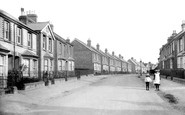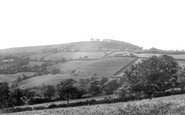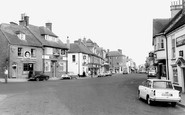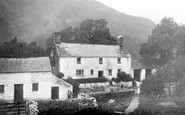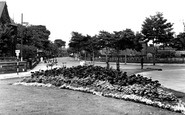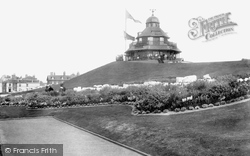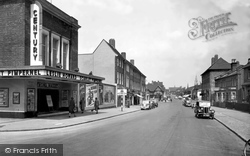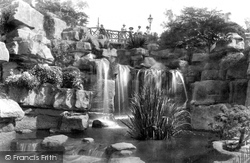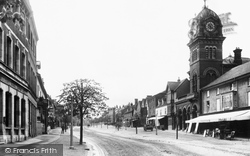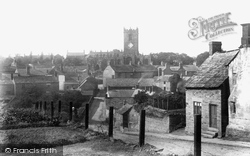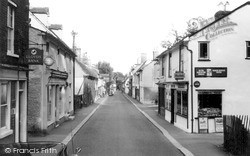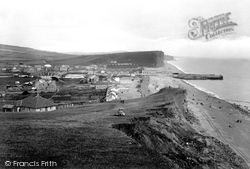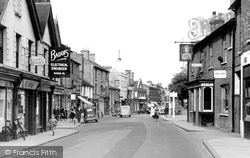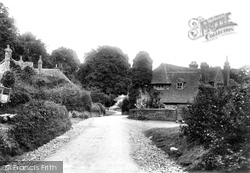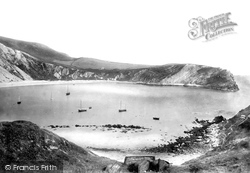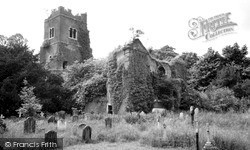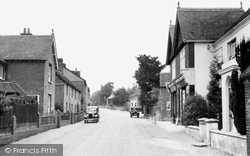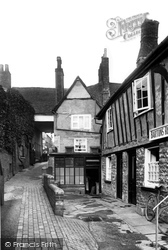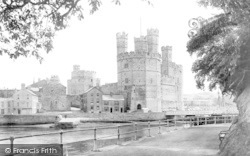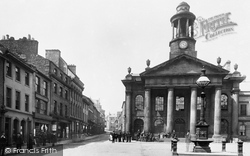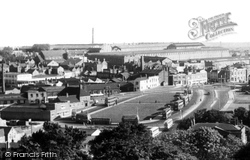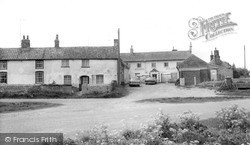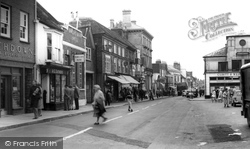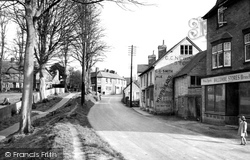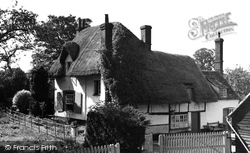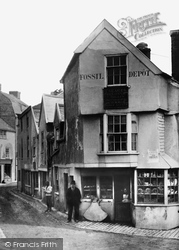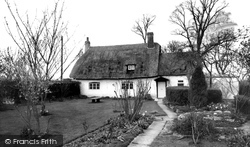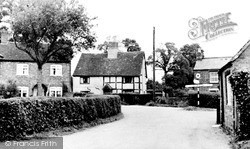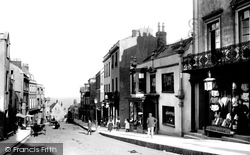Places
Sorry, no places were found that related to your search.
Photos
Sorry, no photos were found that related to your search.
Maps
Sorry, no maps were found that related to your search.
Books
Sorry, no books were found that related to your search.
Memories
3,644 memories found. Showing results 411 to 420.
Eden Hall School
I was sent to Eden Hall as a 9 year old as my asthma was causing me to miss school. My brother Brett Imray had gone a few years earlier and I have awesome memories of the school and Bacton. I only stayed about 18 months. It was ...Read more
A memory of Bacton in 1974 by
Living On Cornfield Road
I had lots of friends to play with up on the green and also the woods where we used to ride our push bikes or swing on the big rope swing over the sandy bank. I even fell off and broke my arm. I also broke my jaw falling ...Read more
A memory of Reigate in 1975
Life In Prees
I have great memories of living in Prees from 1958-1968, my late husband's parents, Wright and Gladys Speed had lived in Primrose Lane in the village for many years. We moved into the house next door which is now the kennels. My ...Read more
A memory of Prees by
Racing At Stapleford Tawney
I was born in Chingford prior to the Second World War. In the early 1950s I became an avid cyclist and participated in several massed start cycle races on Stapleford Tawney aerodrome. If I remember right there ...Read more
A memory of Stapleford Tawney in 1953 by
Childhood Memories
I was born at Hill View Lamberts Castle in the 1940s. Mum use to run a small tea rooms and I remember a hiking organisation called the Holiday Fellowship calling their once a week. No mains water, electricity or gas ...Read more
A memory of Lambert's Castle in 1940 by
Ward End Adult School
The Ward End Adult School was held on Sunday mornings in 'The Barn', St.Margaret's Road, Ward End before the 2nd World War. It was run on a sort of religious basis, like a church (non-denominational, I think, but similar to ...Read more
A memory of Ward End in 1930 by
Matchams House 1960's
With a large family of Uncles and Antys we were very fortunate to have our Grandparents live in Matchams House. Wednesdays always being a special day as it was market day in Ringwood with one bus in the morning and one ...Read more
A memory of Ringwood by
Clements Hall Childrens Home
My memory of Hockley is staying in a children's home called Clements Hall in 1960/5. It was near a few orchards where we would go scrumping for our midnight feasts. It really was a great place to stay as a kiddy. We ...Read more
A memory of Hockley in 1960 by
Twelve Happy Months
I was born in Nant Gwynant in 1925 and lived there for the first 20 years of my life. In 1944 I was drafted into the army and served in German and Italy. Upon release in 1947, I decided to try and make a career in ...Read more
A memory of Nantgwynant by
The Monkey Run
Yea, brings back the old times, the good times, in Runcorn. On a Sunday night up the Monkey Run lol, the old people will know the name.
A memory of Runcorn in 1860 by
Captions
1,151 captions found. Showing results 985 to 1,008.
Marked out by plough according to the great architect Sir Decimus Burton's directions, streets radiated from the Mount, which was the highest point in a chain of sandhills.
The popular Century Cinema was built in 1937 on the corner of Kingsway Road and Station Way.
The work began in 1892. This feature built by the road was an artificial waterfall and rustic bridge, with rocks giving the impression of a mountain scene.
Famous for its many antique shops, which line the broad High Street, Hungerford was given a fishing charter and a brass drinking-horn by John of Gaunt (the Duke of Lancaster), who granted fishing rights
Situated five miles north of Sheffield, the large parish of Ecclesfield was semi-industrialised by the late 18th century.
Bell Street, part of the original town of Sawbridgeworth, runs from London road eastwards towards the church and the school.
This is a detail of the chalet zone which sprang up behind the 1897-built Esplanade (right), between the waterworks and the Salt House on Pitfield Marsh (left).
This first chapter is a tour from west to east in the parts of Surrey most affected by London. We start in Egham, a town on higher ground south of the River Thames.
Across the Arun we head north to Fittleworth, a village running north from the River Rother up to the Petworth to Pulborough road, now the A283.
The entrance to this circular natural basin is barely discernible from the sea, guarded as it is by two projecting spurs of resistant Portland and Purbeck strata.
The picturesque growth of trees and ivy which has been allowed to flourish unchecked took its toll on the brick structure, and the church, probably designed by Nicholas Stone and consecrated by Archbishop
Ardingly is a village overlooking the Ouse valley, north of Haywards Heath. The 14th-century church of St Peter has an impressive tower. Ardingly College, situated nearby, is a notable Public School.
This passageway, which now runs from St Mary's Street down into the car park beside the meadows, formed one of a tight network of passages and closes which provided cramped tenement accommodation in this
This view looks towards the Eagle Tower.
The old Town Hall was erected around 1781 on the site of an earlier town hall. Major Thomas Jarratt was the designer of the building, which opened in 1783.
This final view from the castle keep looks due south across the bus station in Porter's Field.
This ancient public house stands on the edge of level salt marshes that run for miles along this part of the coast, which is known for wildfowl and other bird life.
Yet another evocative photograph from the past. Right is the Southdown booking office, with No. 9 the Square accommodating A G Suthers run by electrician 'Cherry' Messam.
This village is noted for its beautiful woods, a railway tunnel under the Balcombe Forest and a brick viaduct over the Ouse valley. The church of St Mary was built in 1847.
The old village consists of a number of small, picturesque thatched and timber-framed cottages to the west of the church and along a lane running west from the river bridge.
The Victorian Fossil Depot was first run by James Dollin. He was followed by Thomas Seager, who may well be the gentleman smoking a pipe (centre left).
The name of this cottage is a reminder of a very important medieval and late medieval building tradition in this area, possibly associated with the abundance of oak trees in the Bernwood Forest and
The name of this cottage is a reminder of a very important medieval and late medieval building tradition in this area, possibly associated with the abundance of oak trees in the Bernwood Forest and
The shop window at No 26, the draper Henry Octavius Bickley (right), contains clothing and parasols.
Places (0)
Photos (0)
Memories (3644)
Books (0)
Maps (0)

